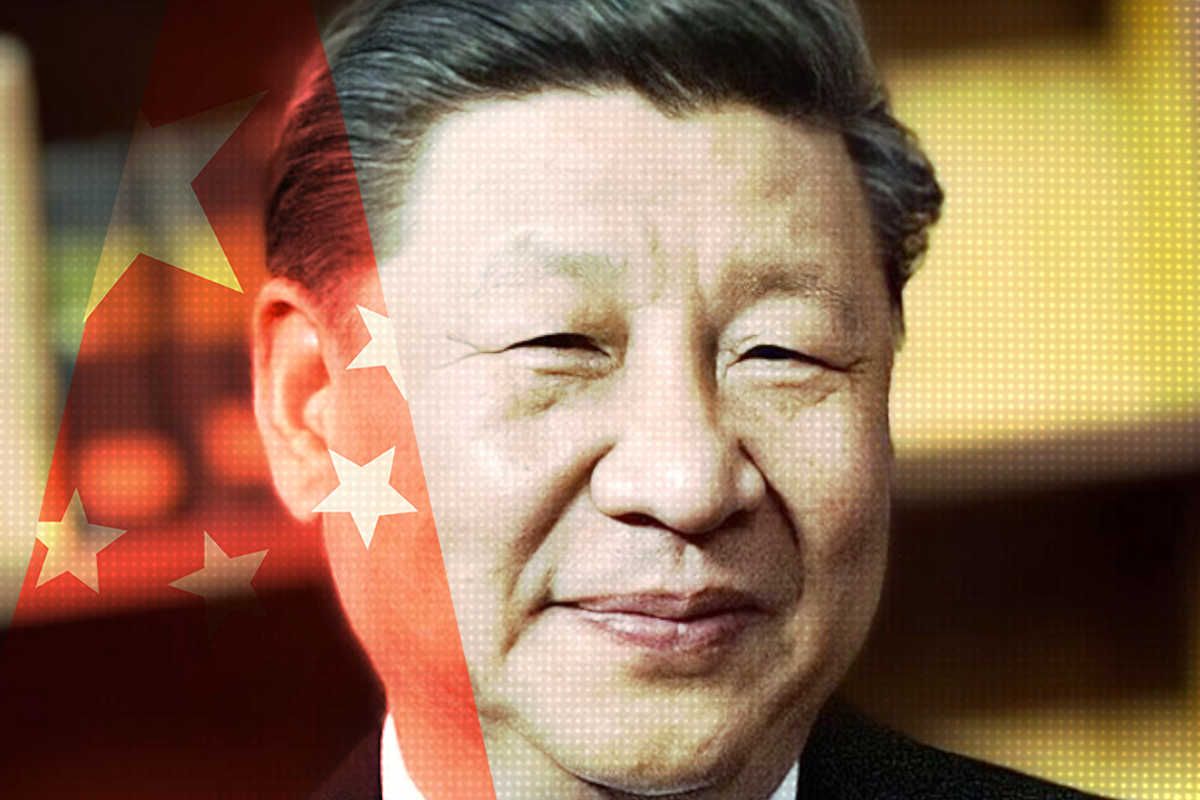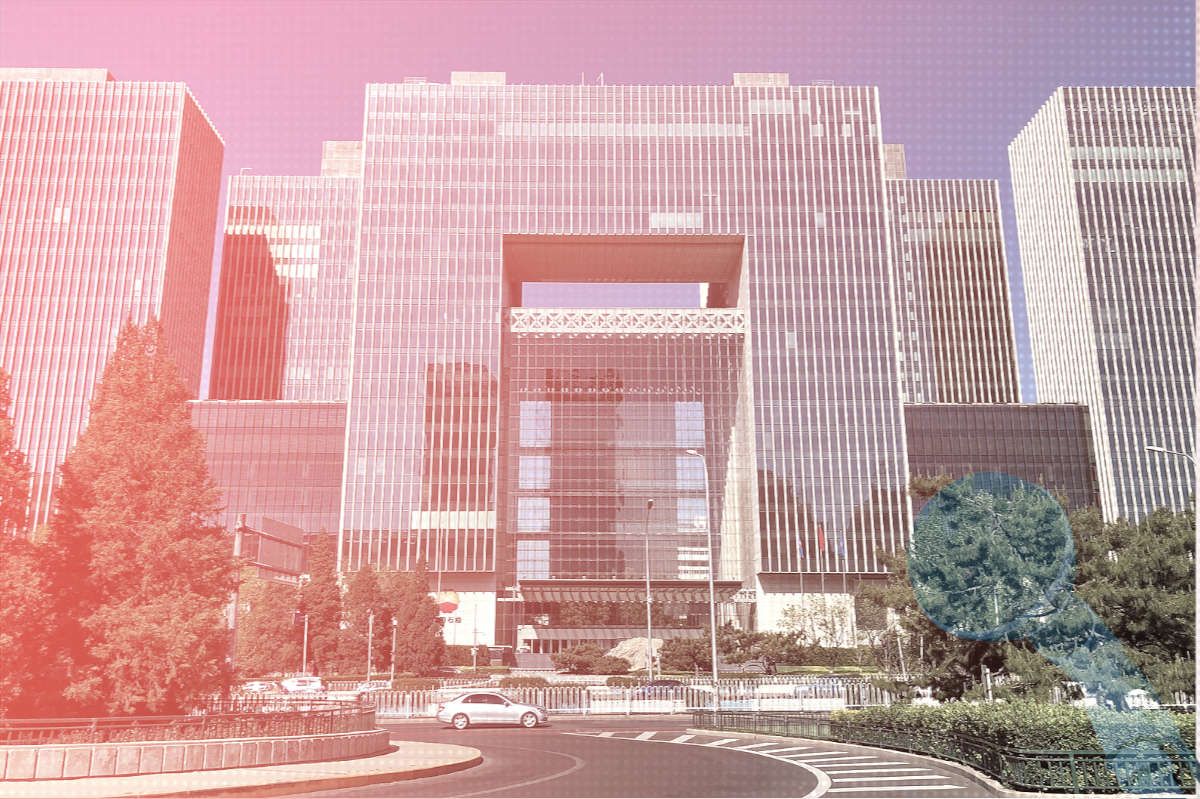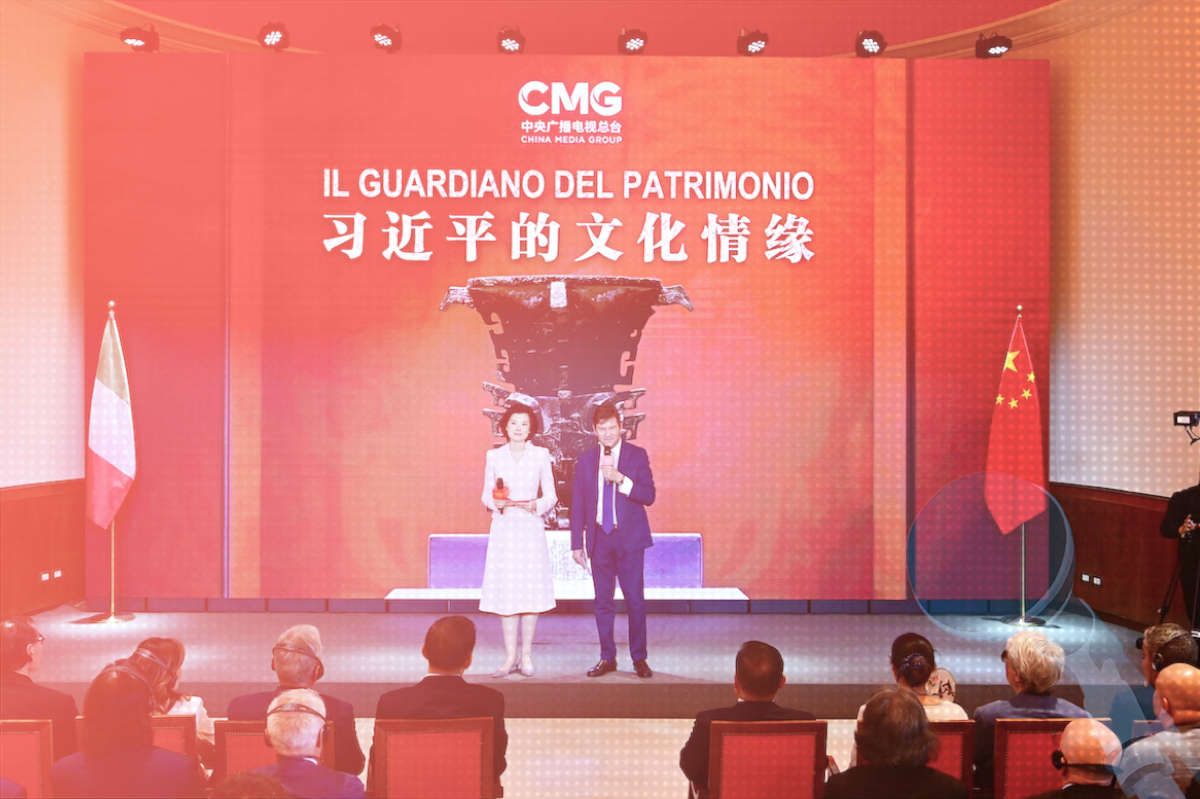Three foreign journalists from the United States and Australia phoned me up [after the Qinghai earthquake]. Not to interview me, but hoping I could offer some news angles on the disaster. Recognizing that disasters in China happened all too frequently, they were concerned that if the same reports came one after the other Western audiences might lose interest. And seeing that my own comments on the quake were not appearing on my blog, they had decided to give me a call.
I offered a few points of view, and one of them went like this: in dealing with the quake and the process of reconstruction, Han Chinese and Tibetans could raise mutual trust and understanding . . .
At first they thought I was leading them on, that I’d been ‘harmonized’ to have suggested such a thing. I explained that as a Chinese person, everything I had always seen about Tibetans while in mainland China was singing and dancing, as though all Tibetans did all day long was sing and dance. Once I went overseas, I saw a very different side.
I felt that in the disaster relief and rebuilding effort, mainland television sets would be unable to avoid showing Chinese audiences truer and more authentic pictures, so that more and more Han Chinese would see what Tibetan people and their homes were really like, that they are flesh and blood people like the rest of us, dealing with poverty, suffering and hope.
Afraid these foreign journalists might have misunderstood me, I leapt into action as soon as our conversations were over, quickly putting together some similar ideas on my blog.
I never imagined that these posts would be swiped from the Web so quickly. Even less did I imagine that Cankao Xiaoxi, the mass-circulation digest of foreign news published by Xinhua News Agency, would re-publish my comments right across the banner headlines. In the twinkle of an eye, here I was transformed into “blog writer and social critic Yang Hengjun” [in a translation of a foreign news story] . . . The Xinhua News Agency translation was at roughly the level of those people at the Chinese Academy of Social Sciences who don’t know which three characters to use for Mao Zedong’s name. They even got a character in my name wrong.
* * * * *
One foreign journalist said anxiously a couple of days ago that the earthquake had struck more than 24 hours earlier, but your top leaders have not yet to gone to the scene — what was the deal here? I answered that this was no cause for concern. Not only would top leaders go, I said, but even leaders off on overseas visits [i.e., President Hu Jintao] would come hurrying back to China within the next 24 hours.
As it happened, not 24 hours had passed before a phone call came from the same reporter, who was brimming with warmth and admiration [having learned about President Hu Jintao’s return from his overseas trip]. I listened for a long time before I realized that he really thought I had possessed some sort of inside knowledge, that I had been privy to the decision-making of central party leaders, and that I had shared my inside scoop with him.
I found it really funny, and I asked him — if an earthquake happened in your country and your national leaders were off on overseas visits, what would their response be? He said without hesitation that they would head home right away. Yes, I said. Your leaders would head home right away, so what surprises you about the fact that our party chairman cuts short his overseas trip and returns home? He said nothing, but quickly changed tack. If that’s the case, he said, why do you spend so much time criticizing your leaders? It was my turn to be speechless. I wanted to say to him — you pig head! What good is it if they only go through the superficial motions but spurn the most important core values, and fail to carry out reforms to the system!
* * * * *
This reporter still wouldn’t give up. After we hung up, he managed to find me online. He said, I just can’t understand how it is that you guys manage to always turn disasters into happy affairs. How is it that every time there’s a disaster, you manage to bring it to a “victorious conclusion” (“胜利结束”)? Is it just about the government, he wanted to know. Or is there a popular dimension to it as well? He emphasized that he had spoken to a number of quake victims who had offered thanks this way and that. The only thing they had stopped short of doing was kneeling down on the earth in tribute. But still, so many people had died . . . What was this all about?
That victory, I said, had come through the piling up of the dead — the problem is that the dead cannot accept your interviews, and they have no way of telling you the truth. For those who survived, the fact that they can go on with life is naturally a major victory.
The above is excerpted from a recent entry on Yang Hengjun’s blog.





















